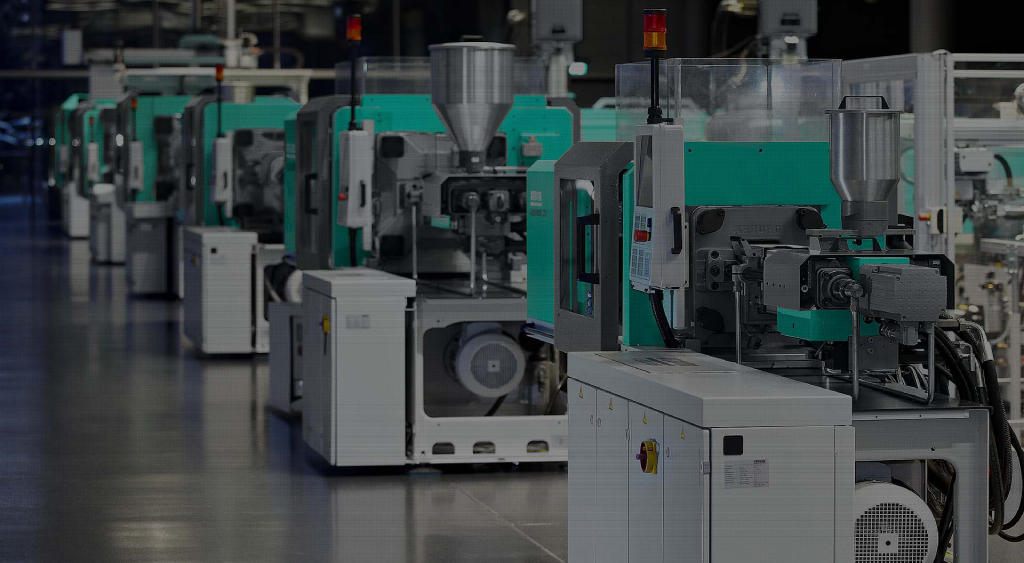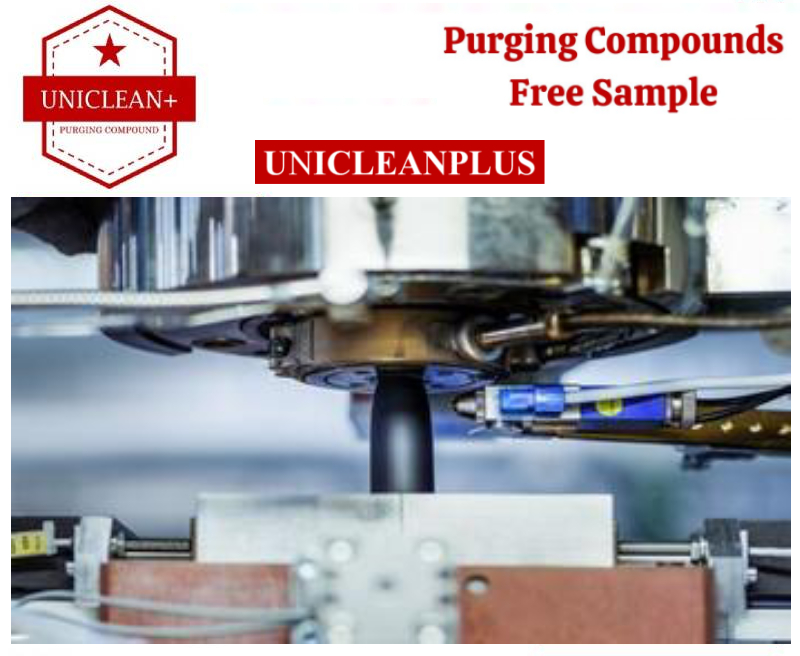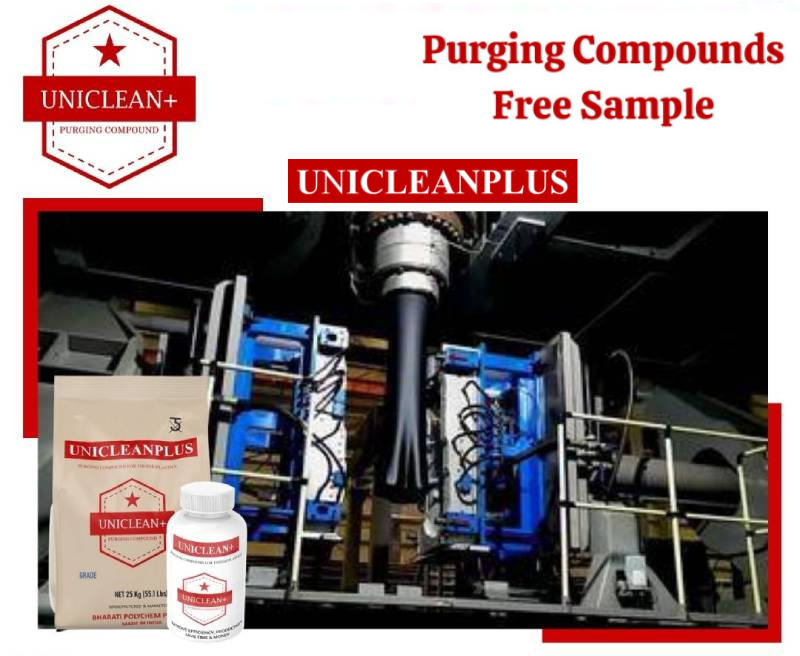Is Your Purging Compound Work With Every Resins?

Quick Answer: Not Always. Purging Compounds are designed to work with a wide range of resins, but differences in chemistry and processing temperatures play a big role in performance. Running a short trial is the best way to confirm compatibility and prevent unexpected issues.
Why Compatibility Can Fail
Not all resins react the same way to heat and cleaning agents. For example:
- Some engineering plastics require higher melt temperatures.
- Certain pigments or fillers (like glass or talc) leave behind stubborn residues.
- If a Purging Compound isn’t matched properly, it may fail to clean effectively or leave its own residue behind.
The result? Streaks, black specks, or poor surface finishes. That’s why it’s important to check compatibility data and run ranges before committing to full production.

Common Risks to Watch For
- Thermal Mismatch: If the purge degrades at the resin’s processing temperature, it won’t clean properly.
- Pigment Residues: Dark pigments and carbon deposits often need stronger purging action.
- Filled Resins: Additives like glass, talc, or flame retardants can trap residues in dead zones.
- Clear or Transparent Parts: Any leftover purge shows easily, making food-grade or clear-safe options essential.
UNICLEANPLUS provides detailed guidance on processing ranges and resin family matching to help users select the right solution.
Why Trials Are Essential
To avoid scrap and downtime, it’s best to run a small trial. A test batch helps you see:
- How quickly old colors clear
- Whether black specks disappear
- How much purge is used
- Whether any residue remains
UNICLEANPLUS makes this process simple with its Purging Compounds Free Sample program, allowing manufacturers to test compatibility directly on their own machines before investing in bulk orders.

How UNICLEANPLUS Supports Your Trials
UNICLEANPLUS offers multiple purging solutions:
- Pellet Grades (UC’A / UC’C): Designed for reliable cleaning in standard applications.
- Liquid Emulsion Grade (UC’L): Mixes into running resin (2–10%) for tough contamination. Works across a wide temperature range (~160–420 °C).
In addition, detailed purge procedures are provided for injection molding, extrusion, and hot-runner cleaning, ensuring consistent, repeatable results.
Simple Trial Checklist
- Note your current resin, processing temperature, and screw speed.
- Request a Purging Compounds Free Sample suited to your application.
- Follow the supplier’s purge instructions (mix ratios for liquids, feed volumes for pellets).
- Run short shots and check parts for streaks or specks.
- Track purge usage and clearing time to calculate cost-effectiveness.
- If results are good, scale up to a larger run before committing fully.
Final Note — Practical Rule of Thumb
Always test before scaling up. A simple trial run proves compatibility, saves resin, and prevents expensive scrap. With UNICLEANPLUS, you can trial different grades backed by expert technical support—making your decision based on real data, not guesswork. Request your Purging Compounds Free Sample today and test it on your machines to see the difference.